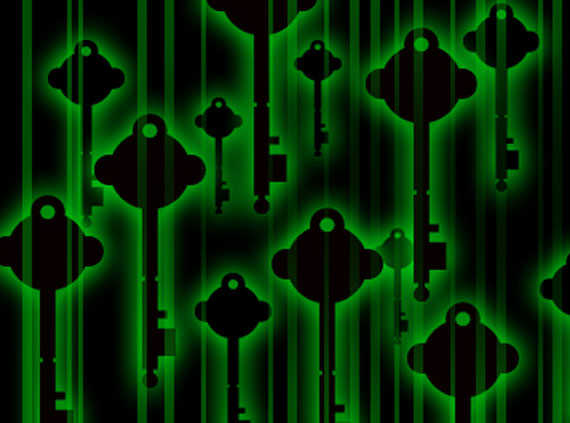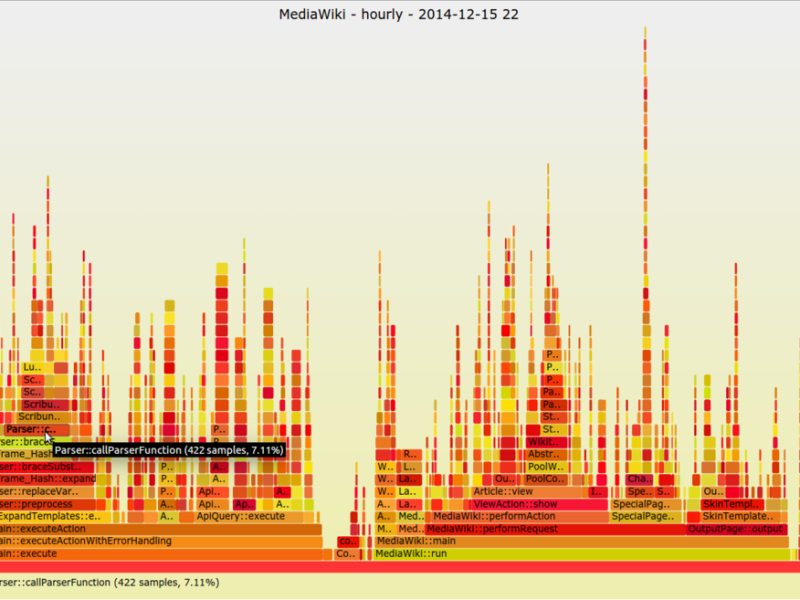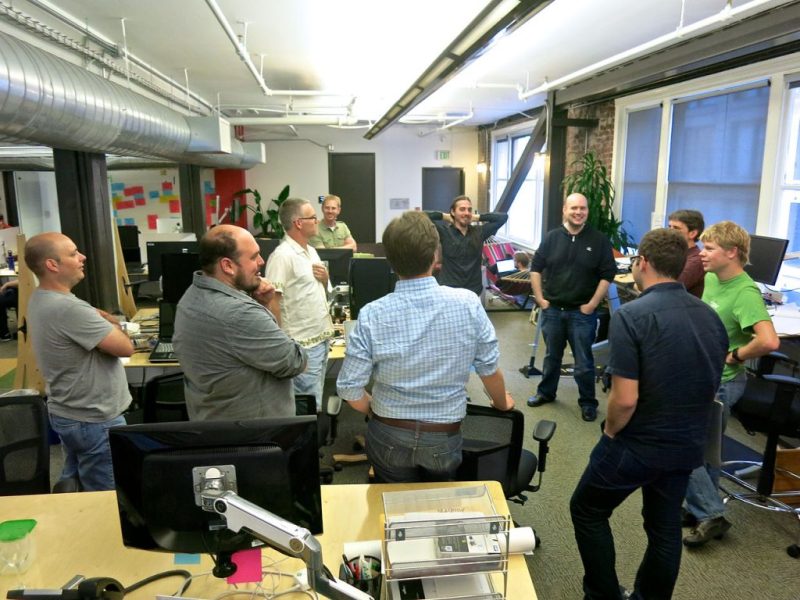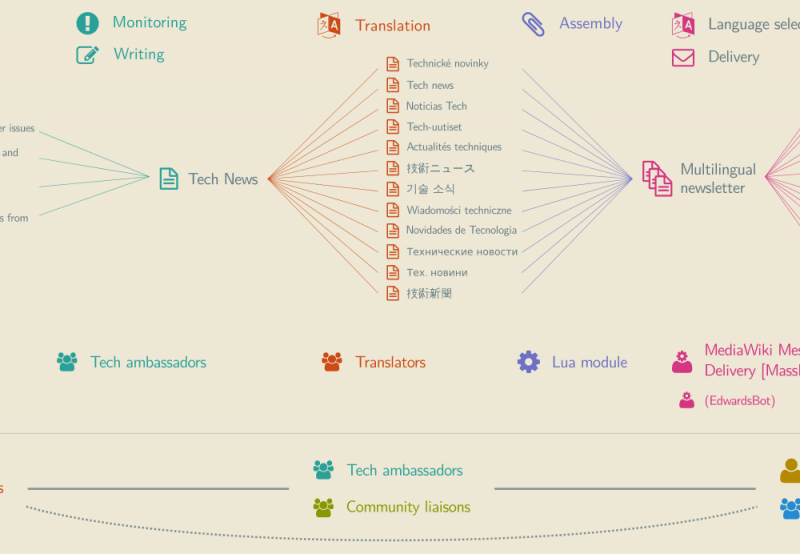
Securing access to Wikimedia sites with HTTPS
The Wikimedia Foundation is happy to announce that we are implementing HTTPS to encrypt all traffic on Wikimedia sites. With this change, nearly half a billion monthly visitors on Wikipedia and its sister projects will be able to share in the world’s knowledge more securely.

Children in Mali can now read Wikipedia offline, thanks to MALebooks e-readers
MALebooks e-readers provide an offline library to children in Mali, including the French version of Wikipedia and over 4,000 educational books. This experimental project addresses the serious lack of books for children in Mali, and is made possible by Kiwix developers, Wikimedia Switzerland and other supporters.

How we made editing Wikipedia twice as fast
The creator of the wiki, Ward Cunningham, wanted to make it fast and easy to edit web pages. Cunningham named his software after a Hawaiian word for “quick.” That’s why the Wikimedia Foundation is happy to report that editing Wikipedia is now twice as quick. Over the last six months we deployed a new technology that speeds up MediaWiki, Wikipedia’s underlying PHP-based code. HipHop Virtual Machine, or HHVM, reduces [...]

Welcome to Phabricator, Wikimedia’s new collaboration platform
Wikimedia launches a space for collaboration open to all contributors: phabricator.wikimedia.org. Primarily devoted to software development, this platform also welcomes non-technical projects. Wikimedia Phabricator has been available since September for early adopters. Its prime time starts this week, after having incorporated 73,681 reports migrated from Bugzilla, the bug management tool that has served our projects….

"Tech News": Fighting technical information overload for Wikimedians
Every week, tech ambassadors assemble, simplify and translate "Tech News," a curated newsletter then delivered to hundreds of subscribers across wikis. But how exactly did this start, how does it work behind the scenes, and how does it fit within our efforts to bring developers and users closer together?